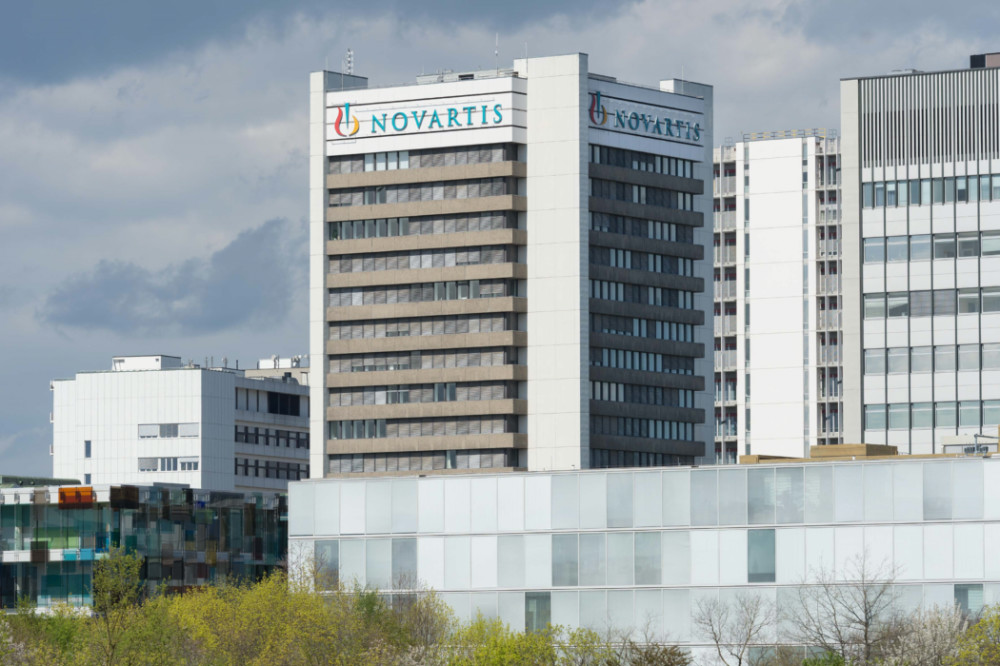Novartis has signed an agreement to divest ‘front of eye’ ophthalmology assets to Bausch + Lomb, a global eye health company, in a transaction valued up to USD 2.5 billion, including USD 1.75 billion in upfront cash, plus additional milestone payments.
The deal includes Xiidra®, the first approved prescription treatment for the signs and symptoms of dry eye disease, and investigational medicine SAF312 (libvatrep), in development as a first-in-class therapy for chronic ocular surface pain (COSP), as well as the rights for use of the AcuStream delivery device in dry eye indications and OJL332, a second generation TRPV1 antagonist in pre-clinical development.
“This transaction will enhance our focus on prioritized innovative medicines to alleviate society’s greatest disease burdens, achieve the greatest patient impact and drive our growth strategy,” said Ronny Gal, Chief Strategy & Growth Officer of Novartis.
“Our ongoing portfolio refinement enables us to best deploy our scientific expertise and resources towards priority programs and therapeutic areas, while remaining open to opportunistic development for additional high impact conditions leveraging our advanced technology platforms.
“We believe that Bausch + Lomb has the capabilities, scale and commitment to continue the work of Novartis in delivering and developing much needed therapies for patients suffering from dry eye and related conditions.”
Under the terms of the agreement, Novartis will receive milestone payments up to USD 750 million linked to anticipated future sales for Xiidra, SAF312 (libvatrep) and OJL332. Novartis will continue to supply Xiidra to patients on behalf of Bausch + Lomb, via transitional agreements for a limited period post-close, to ensure consistent supply for patients.
Closing is anticipated in the second half of 2023 subject to customary conditions.
Novartis will continue its R&D efforts in addressing retinal diseases via platforms including gene therapy and optogenetics.


